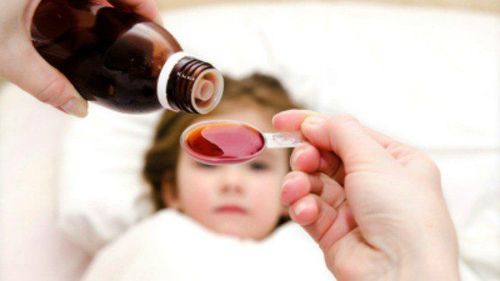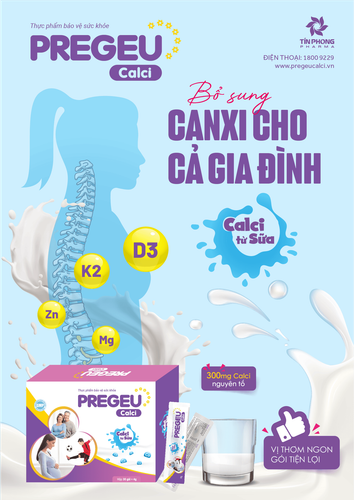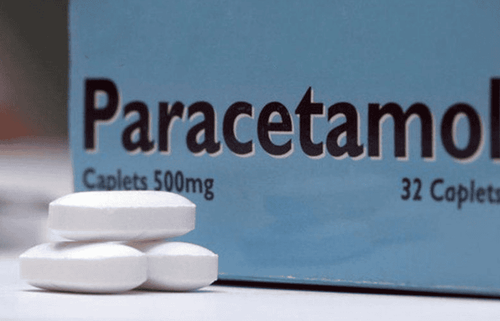This is an automatically translated article.
The article was professionally consulted by Specialist Doctor II Le Thanh Cam - Department of Pediatrics - Neonatology, Vinmec Da Nang International General Hospital.Hand, foot and mouth disease in children is becoming a concern of many parents when they have young children. Symptoms such as sudden fever, mouth, lips, palms or feet are all covered with blisters... Are these signs of hand, foot and mouth disease in children? Parents, please read this article to equip yourself with accurate knowledge about this disease.
1. What is hand, foot and mouth disease?
Hand, foot and mouth disease is an infection caused by Coxsackievirus A16, Coxsackievirus B, Enterovirus (E71, E68). These viruses usually live in the gastrointestinal tract and are spread from person to person through casual contact.
Hand, foot and mouth disease is common in children under 5 years old, because at this time the child's immune system has not been fully developed, so the ability to resist the invasion of pathogenic viruses is not good, easy to get sick. Infectious.
In fact children older than 5 years or adults are also likely to get this disease. Especially in the spring, summer and autumn are the 3 most susceptible times.
2. Hand, foot and mouth disease transmission mode
Hand, foot and mouth disease is usually transmitted by fecal, oral and direct contact. The main route of transmission is through direct contact from infected places such as nose, throat, saliva, fluid from burns. Or it can be transmitted from the secretions and excretions of the patient on the equipment used by the infected person (tables and chairs, floors, toys, food,...)
Common routes of infection especially through the respiratory tract (such as sneezing, communication, coughing) makes the virus easily transmitted from one person to another.
3. Symptoms of children with hand, foot and mouth disease
Hand, foot and mouth disease has an incubation period of 3-7 days. At the onset of illness in infants and children, there are signs like the common cold: Fatigue, sore throat, low-grade fever... After 2 days these symptoms subside, signs of hand, foot and mouth disease begin to appear. head appears.
Children will have blisters on the skin in the oral cavity (tongue, inner cheeks), palms and feet. Blisters also appear on the buttocks or around the anus. Blisters are the most obvious symptom of this disease.
When they first appear, these rashes appear as small, red, flat scars. Then they gradually swell to contain water inside like oval, erythematous, gray blisters, which when healed do not cause scarring. These nodules are painless and non-itchy (distinguishable from chickenpox which is itchy and painful).
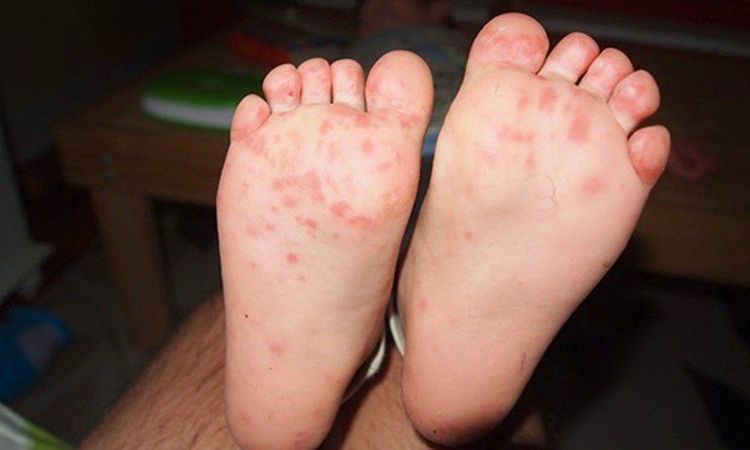
The stage when the blisters in the mouth and other places burst, causing wide open sores. Painful children, parents need to keep these open wounds clean to avoid infection.
In addition to the above recognizable signs, hand, foot and mouth disease also has a number of symptoms as follows:
Pain, muscle fatigue, headache, stiff neck. Not sleeping well or sleeping more, not eating well. Children often salivate due to sore throat. Children only like cold drinks and liquid foods.
4. When will the hand, foot and mouth disease stop spreading?
Usually the blisters will go away on their own after 1-2 weeks. So the baby is almost cured, you should buy corn silk (corn) or some other cooling fruit and vegetable juice for your baby to drink.To avoid spreading the disease to others, you should isolate your child from 1 week to 10 days, he will be completely healthy and completely cured, no longer able to transmit the disease.
5. How to prevent hand, foot and mouth disease
Currently, there is no specific treatment drug, only supportive treatment. Therefore, the prevention of hand, foot and mouth disease is the most effective therapy.
To be more proactive in preventing hand, foot and mouth disease, the Ministry of Health recommends the following measures:
Regularly wash hands with soap after going to the toilet, or before preparing food , before eating, before holding the baby. Wash your hands before and after changing diapers or cleaning your baby. Practice good eating and drinking to ensure safety and hygiene: Eat well, drink well, eating utensils are cleaned (can be rinsed with salt water or boiling water before use). Ensure clean water sources for living and eating. Do not allow children to share towels (face towels, bath towels...) or other items such as cups, bowls, dishes, toys that have not been disinfected. Regularly clean daily contact surfaces and tools such as toys, tables, chairs, learning tools, stair handrails, floors... with soap or common detergents. Do not allow children to come into contact with sick people or people with suspected incubation. Using hygienic latrines, feces and other wastes of infected people should be collected and disposed of.
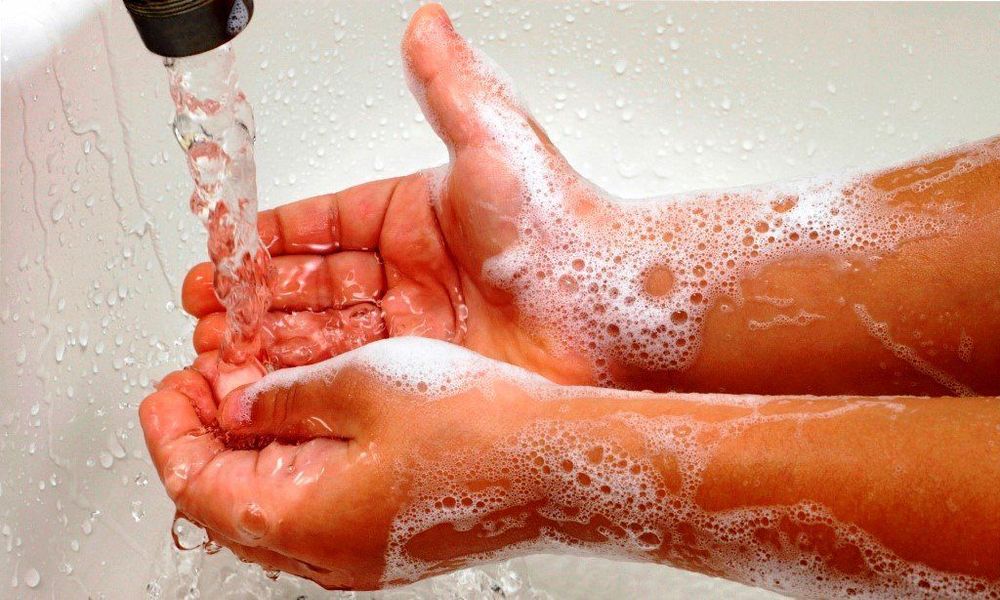
In addition, when the child is infected, parents should note:
Do not let your child scratch or poke the blisters on the body. It is necessary to have a clean living environment, avoid exposing children to dirty air and water. Do not arbitrarily use medicine for children without a prescription from a doctor. Parents need to have knowledge about hand, foot and mouth disease in children, when detecting suspected signs of hand, foot and mouth disease in children, they should immediately take them to a reputable medical facility for accurate diagnosis and treatment. suitable treatment. When children are sick, it is necessary to be accurately diagnosed and treated promptly to avoid dangerous complications (meningitis, pulmonary edema).
Pediatrics department at Vinmec International General Hospital is the address for receiving and examining diseases that infants and young children are susceptible to: viral fever, bacterial fever, otitis media, pneumonia in children, .... With modern equipment, sterile space, minimizing the impact as well as the risk of disease spread. Along with that is the dedication from the doctors with professional experience with pediatric patients, making the examination no longer a concern of the parents.
Please dial HOTLINE for more information or register for an appointment HERE. Download MyVinmec app to make appointments faster and to manage your bookings easily.
Compiled from the source: Department of Preventive Medicine - Ministry of Health






